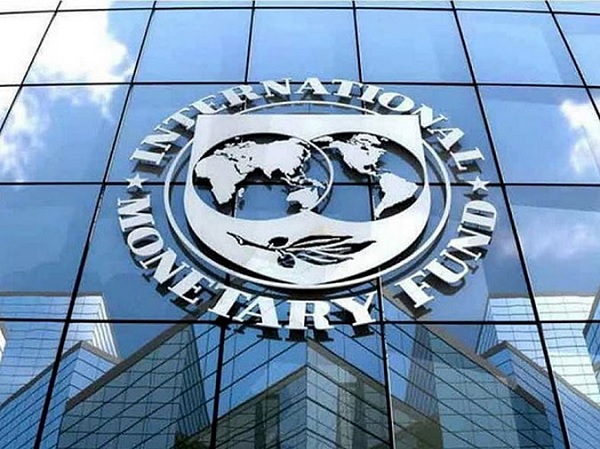
The International Monetary Fund (IMF) is an international financial organization established in 1944 with the goal of promoting global monetary cooperation, ensuring exchange rate stability, facilitating the balanced growth of international trade, providing resources to member countries in need, and contributing to global economic stability. The IMF plays a crucial role in the international monetary system, and its functions include:
Surveillance:
The IMF monitors the global economy and provides regular assessments of member countries' economic and financial developments. It offers policy advice to promote stability and prevent potential crises.
Economic Policy Advice:
The IMF provides economic policy advice and recommendations to its member countries to help them address economic challenges, achieve sustainable growth, and maintain macroeconomic stability.
Financial Assistance:
The IMF provides financial assistance to member countries facing balance of payments problems, which could result from issues such as large trade deficits, currency crises, or external shocks. Financial assistance is typically provided with conditions that require the implementation of economic reforms.
Technical Assistance and Capacity Development:
The IMF offers technical assistance and capacity development to member countries to strengthen their institutions, policies, and economic management capabilities. This assistance aims to enhance countries' ability to design and implement effective economic policies.
Exchange Rate Policies:
The IMF provides guidance on exchange rate policies to its member countries, encouraging them to adopt policies that promote stability and avoid competitive devaluations.
Global Financial Stability:
The IMF contributes to global financial stability by conducting research, analyzing trends, and providing policy advice on issues related to monetary and financial stability, including the regulation of financial markets.
Data and Research:
The IMF collects and disseminates economic and financial data, and it conducts research on various aspects of the global economy. This information helps policymakers make informed decisions and promotes transparency in international economic relations.
Special Drawing Rights (SDRs):
The IMF issues a reserve asset called Special Drawing Rights (SDRs), which member countries can use to supplement their official reserves. SDRs are allocated to member countries based on their IMF quotas.
Crisis Prevention and Resolution:
The IMF plays a role in preventing and resolving financial crises. It provides policy advice to member countries to help prevent crises and, when necessary, offers financial assistance to support economic stabilization programs.
Governance and Representation:
The IMF provides a forum for member countries to discuss and coordinate on international monetary issues. Member countries' voting power is determined by their financial contributions (quotas), and decisions require a certain majority of votes, providing a mechanism for collective decision-making.
While the IMF has been instrumental in stabilizing economies and preventing financial crises, it has also faced criticisms. Some argue that its policy conditions may be too stringent, and there have been calls for reforms to enhance the representation of emerging market economies within the organization. The IMF continues to adapt to evolving global economic challenges to fulfill its mandate effectively.